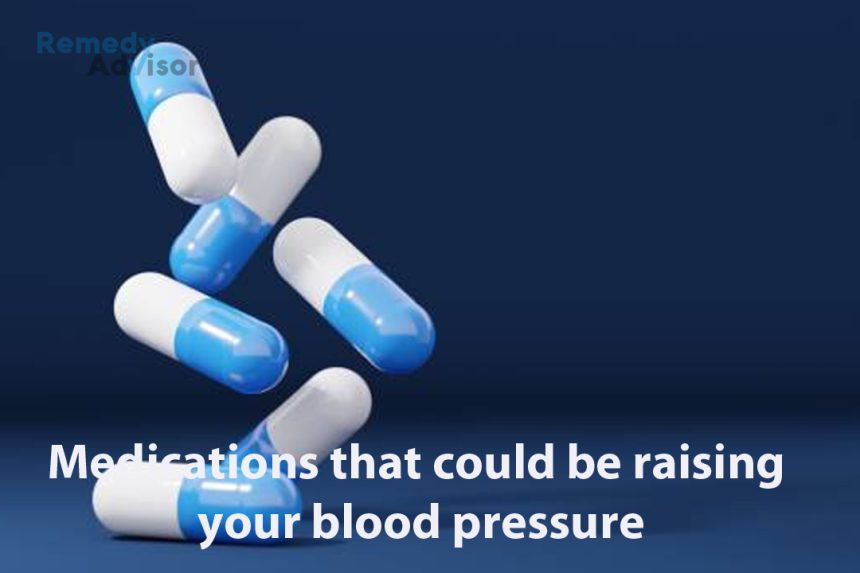Did you know that some over-the-counter medicines used to treat headaches or cold and flu symptoms could raise your blood pressure? Several over-the-counter (OTC) drugs can raise blood pressure, and if you already have high blood pressure, using them for a long time can be especially dangerous. Even though we’ve listed some medications you should be aware of, it’s important to talk to your doctor about any medications you’re taking.
Cold Medications (Decongestants)
If you have high blood pressure and you get a cold or the flu, you should be careful before taking a decongestant. These over-the-counter drugs can cause your blood vessels to get smaller, which slows down blood flow and raises your blood pressure. There are many different kinds of decongestants, such as nasal sprays, tablets, capsules, and liquids. Also, some over-the-counter medicines for colds and flu may have a decongestant as one of their ingredients. If you have high blood pressure, you should talk to your doctor or pharmacist about which over-the-counter cold and flu medicines are safe for you to use. When shopping, keep an eye out for these decongestants:
- Phenylephrine (like Neo-Synephrine)
- Phenylpropanolamine (e.g., Accutrim, Propan)
- Pseudoephedrine (e.g., Sudafed)
Immuno suppressants
Immune suppressants are a group of drugs that work to weaken the immune system. People who have had organ transplants usually take them to keep their bodies from rejecting the new organ. They are also used to treat psoriasis, rheumatoid arthritis, Crohn’s disease, and alopecia areata, which are autoimmune diseases and conditions that are related to them (hair loss).
If you have high blood pressure and take immune suppressants, it’s important to keep an eye on your blood pressure and talk to your doctor about other treatments, especially if your hypertension is hard to control. By making the changes to your life that are suggested in this book, you may be able to reduce or get rid of your need for blood pressure medicines while still taking any necessary immune suppressants. Some immune system suppressants that can cause high blood pressure are: (e.g., Neoral, Sandimmune)
- Cyclosporine (e.g., Neoral, Sandimmune)
- Tacrolimus (e.g., Prograf)
Non-steroidal Anti-inflammatory Drugs (NSAIDs)
This is a group of over-the-counter drugs that are often used to treat headaches, muscle pain, arthritis, and other types of pain. But they can also make you hold on to water, which can raise your blood pressure. Before taking NSAIDs, you should talk to your doctor and look into other ways to deal with pain, like herbal remedies, massage, or heat therapy. Here are some NSAIDs that have been known to raise blood pressure:
- Ibuprofen (e.g., Advil, Motrin) • Meloxicam (e.g., Mobic) • Naproxen (e.g., Naprosyn)
- Naproxen sodium (e.g., Aleve)
Other Drugs
Several drugs, like stimulants like methylphenidate (Ritalin), can raise your blood pressure. Methylphenidate also speeds up your heart rate. Illegal drugs like amphetamines (like methamphetamine), anabolic steroids, cocaine, Ecstasy, and phencyclidine (PCP) can be very bad for your heart and blood pressure.







